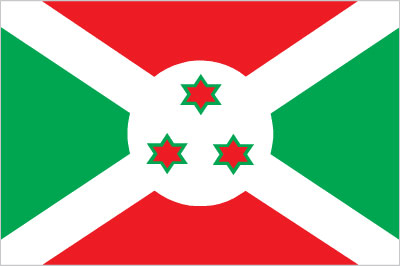Burundi completed its TNA in 2018.
Burundi faces severe climate change challenges that exacerbate poverty, food insecurity, and environmental degradation. Irregular rainfall and prolonged droughts have reduced agricultural productivity in a country where most people depend on subsistence farming. Rising temperatures and changing weather patterns also threaten water availability and energy production, especially from hydropower. Deforestation and soil erosion further weaken the land’s ability to recover from climate shocks.
Burundi’s TNA culminated in the making of two Technology Action Plans. In line with existing national strategies, the agriculture and water sectors were chosen as the priority sectors for technology transfers. Burundi’s economy is based on agriculture, mostly subsistence farming, which contributes 40% of GDP and employs more than 84% of the population.
One of the technologies highlighted by Burundi’s TNA is the collection of rainwater from rooftops, and the long-term ambition is for all households to be able to collect rainwater for domestic purposes. To initiate the dissemination of this practice, a demonstration project has been outlined. The pilot project is currently dependent on attracting partners and financial funding. The limited means available to implement the plans has been highlighted as a risk in respect of most of the technologies.
Burundi’s TNA contributes to the following Sustainable Development Goals:






